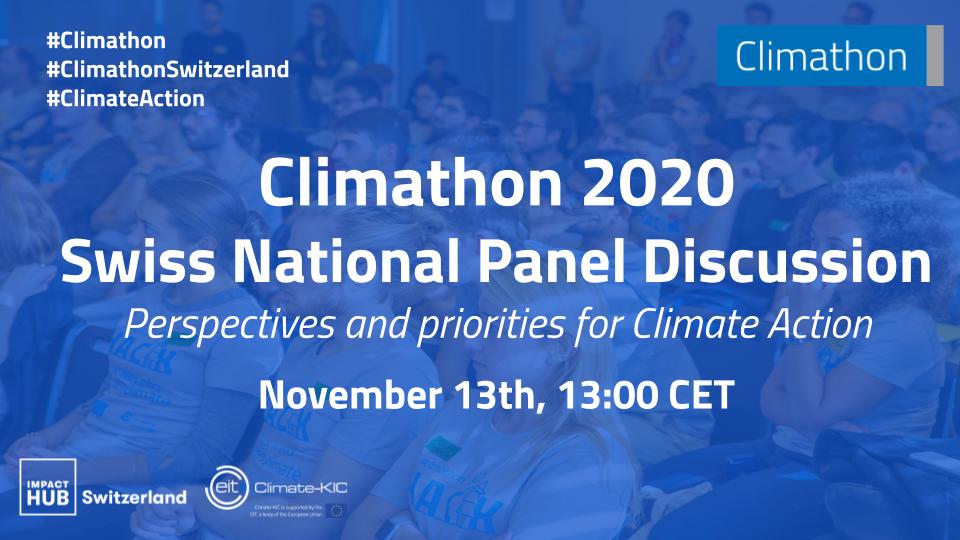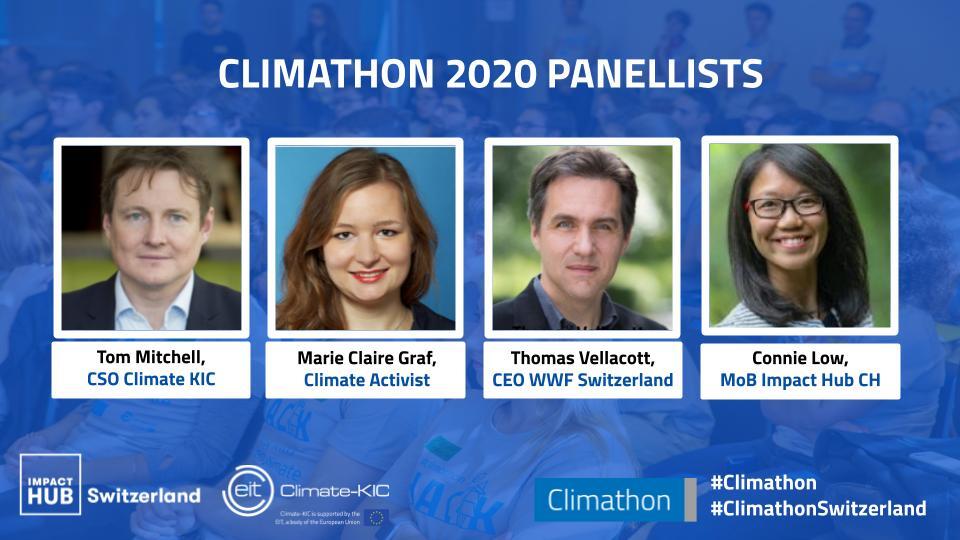About the speakers
Marie-Claire Graf, YOUNGO Focal Point at UNFCCC & Co-Founder Sustainability Week International
Marie-Claire is a Swiss youth advocate for sustainable development and climate action through her engagement in several initiatives around all dimensions of sustainability on a local, national and international level. On a national level, she is the president of the Swiss Associations of Student Organizations for Sustainability, which supports students and sustainability at all Swiss higher education institutions. Internationally, she is vice president and responsible for international external relations at Swiss Youth for Climate, which committed itself to pragmatic and responsible climate policies both at national and international level. Furthermore, she is a Climate Reality Leader, trained by Al Gore and is giving presentations, talks and interviews on the climate crisis and what has to be done to fight it. Additionally, she is co-founder of an awarded (by ETH, Zurich & MIT, Boston) crowdsourcing platform startup for aggregated science-based and citizen-science data with the aim to empower citizens in urban planning and decision-making trough organized and structured big data for sustainable cities called C’Square.
Connie Low, Managing Partner at Impact Hub Switzerland
Connie is from Singapore, and is a Master of Science graduate of Imperial College London, UK (Business and Environment). Her work experience and passion to date revolved around Human Rights and Sustainability topics, particularly in large corporate supply chains and she has a large network engaged in sustainability topics globally. Currently, she is one of the Co-Founders at Impact Hub Basel and focuses her energy on building the team, strategy and creating meaningful content.
Tom Mitchell, Chief Strategy Officer at EIT Climate-KIC
With 15 years’ experience of working on climate change policy and research, Dr. Tom Mitchell has a PhD in climate and disaster risk management and has published widely on climate resilience. Before joining EIT Climate-KIC, Tom led the climate change team at the Overseas Development Institute, supported UN policy on disaster risk reduction and served as a coordinating lead author of the Intergovernmental Panel on Climate Change.
Thomas Vellacott, CEO at WWF Switzerland
Thomas Vellacott (41) studied Arabic and International Relations at Durham, Cairo and Cambridge. He worked in private banking for Citibank and as a consultant at McKinsey & Co. In 2001, Thomas joined WWF Switzerland, where he spent 8 years heading up its programme division. Since 2012, he is CEO of WWF Switzerland. Thomas has been a member of WWF for over 30 years. WWF’s mission is to stop the degradation of the planet’s natural environment and to build a future in which humans live in harmony with nature. ‘Effective conservation requires a deep understanding of how political systems and markets function. If we are to achieve our mission, we need to transform societies and move global markets. I believe the Impact Hub can be a source of some of the groundbreaking, unconventional ideas we need to drive sustainability forward’.





